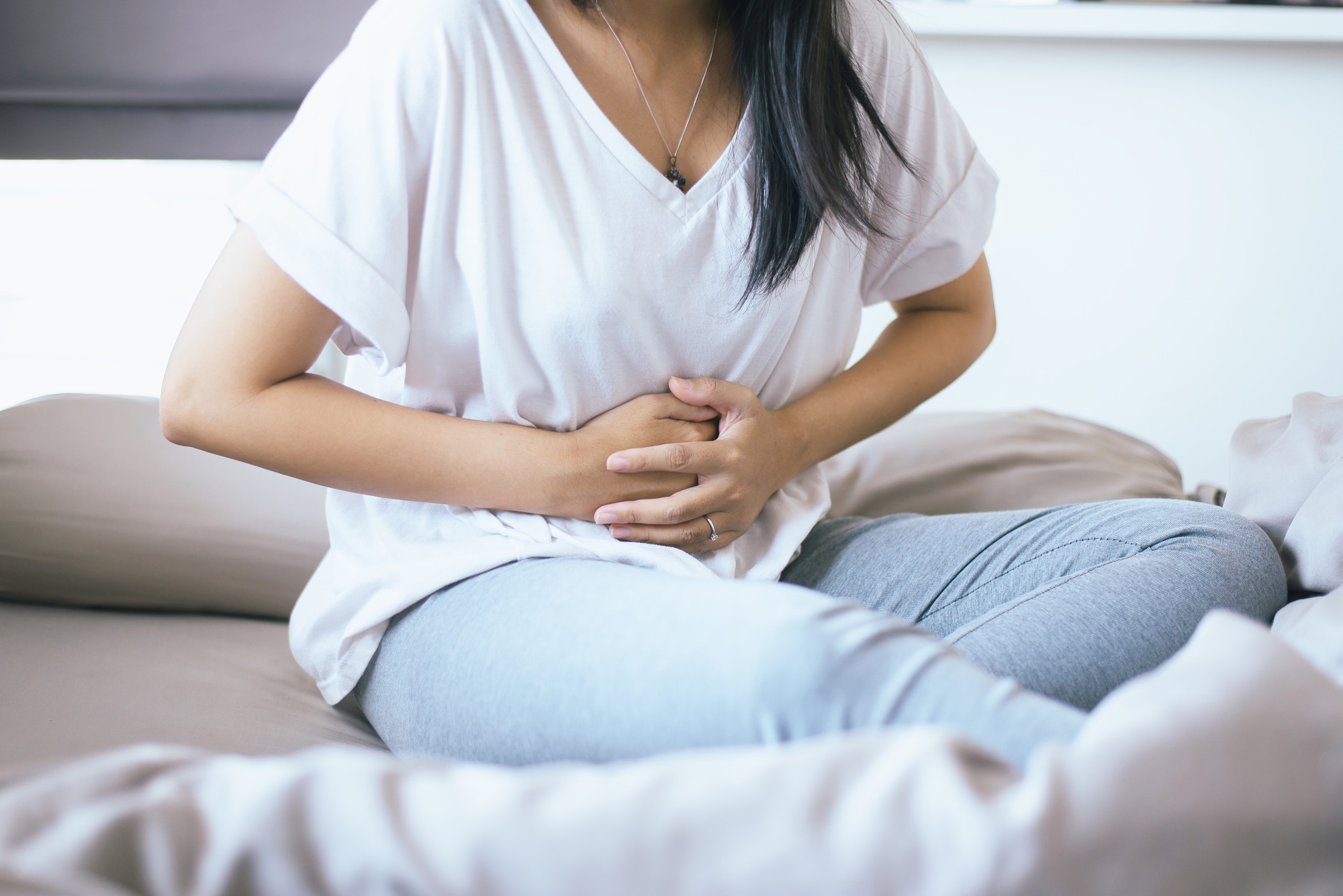-
Call us now
03 9088 8059 -
12 Wellington Parade
East Melbourne VIC 3002 -
Mon - Satday
08:00 to 20:00

One in every ten women of childbearing age suffers the painful effects of Polycystic ovary syndrome, also known as PCOS. While there is not currently a cure for PCOS, there are PCOS treatment options that can help manage your pain and increase your quality of life.
Ayurveda is an effective alternative treatment for PCOS that can help your condition naturally. Let’s take a look at what Ayurveda is and how it can help you today!
What Is Ayurveda
Ayurvedic Medicine is one of the world’s oldest holistic healing practices. Ayurveda was developed in India over 3,000 years ago and is still being used today. Its principle doctrine is to promote the overall health of the mind, body, and spirit resulting in overall good health.
The three primary components of Ayurveda are the Vata Dosha, Pitta Dosha, and Kapha Dosha. They are the three energies that control how your body works.
These Doshas represent a variety of bodily functions from muscle growth to digestion and more. The idea is to maintain balance and harmony within the body. Things like disease, emotions, climate change, etc. can disrupt the balance and treatment is used to restore it.
What Is PCOS
PCOS is a condition that affects the production of hormones in women. Women who suffer from the syndrome produce higher than normal hormones, including androgens which are male hormones.
Up to 70% of women do not realize that they are affected by PCOS, which leads them to suffer in silence. Polycystic means many cysts are present on the ovaries. The syndrome has 3 symptoms that affect the ovaries:
- Cysts in the ovaries
- High levels of male hormones
- Irregular or missed periods
Other symptoms can indicate that PCOS might be present. Those symptoms include:
- Acne
- Weight gain
- Male pattern baldness
- Headache
- Darkening areas of the skin
These symptoms are common in women suffering from PCOS. Additional symptoms, such as heavy bleeding and intense cramping are also common.
Complications of PCOS
PCOS can lead to many other issues that affect the balance in the body. Some common issues that arise from PCOS are the following:
- Infertility due to disrupted ovulation
- Metabolic syndrome
- Diabetes or insulin resistance
- High blood pressure
- Miscarriage
- Endometrial cancer
- Depression
- Sleep apnea
These conditions can reduce the quality of life immensely, and they can be life-threatening in some cases. That is why identifying and managing PCOS is so crucial.
Let’s take a look at how Ayurvedic Medicine can help!
Ayurveda and PCOS
After it is diagnosed that PCOS is the issue, an appropriate Ayurvedic plan can be made to help treat the PCOS. Initially, Virechana (Detoxification) is recommended, and then diet and lifestyle changes are used to help treat the syndrome. Generally, the treatment lasts between 3 and 6 menstrual cycles until a balance is restored to the patient.
Lifestyle
Lifestyle changes are used during Ayurveda to manage PCOS. These changes help to lessen or slow down the symptoms of the syndrome. To reduce insulin resistance and regulate menstruation, it is recommended that the patient reaches a healthy weight.
Many women who suffer from PCOS also struggle with obesity which can worsen the symptoms. Other lifestyle changes include ways to manage hormonal acne and excessive hair growth. Additionally, finding ways to manage anxiety and depression will be taught during Ayurveda practise.
Diet
In Ayurveda, diet is an essential element of the practise. When suffering from PCOS, your Ayurvedic treatment will involve many dietary changes as well as incorporating recommended plants and herbs into daily life.
Here are some of the recommended dietary guidelines:
- Eliminate all junk food/fried food
- Restrict red meat
- Limit intake of saturated fats
- Eat only whole grains
- Increase consumption of healthy legumes, nuts, and seeds
- Eat mostly low carb foods
- Increase leafy greens
Also, there are a variety of herbs that are used to treat PCOS. These are some of the recommended plants and herbs for treating the syndrome:
- Tumeric
- Cinnamon
- Neem
- Ashwagandha
- Shilajit
These are some of the most common herbs used to treat PCOS. They are used for a variety of purposes from managing anxiety to helping manage insulin.
Yoga
Yoga is another vital practise in Ayurvedic Medicine. There are many asanas or poses in yoga that can help with the symptoms of PCOS. Yoga can not only help manage pain due to the syndrome, but it can also help with managing anxiety and depression.
The different postures and poses, such as the butterfly pose are highly recommended for women with PCOS. Many women with PCOS suffer from high blood pressure, practising yoga can help to manage your weight, blood pressure, and more.
Practising meditation can help restore balance and calm to the mind and spirit. It is recommended that women suffering from PCOS incorporate meditation into their daily routine.
Choosing Ayurveda for PCOS Treatment
Finding the right PCOS treatment can seem challenging. Every woman is different, which is why Ayurvedic Medicine is so special. With Ayurveda, every treatment is specifically tailored to the patient’s needs as an individual.
Ayurvedic Medicine focuses on healing from within and as a whole versus just focusing on a singular problem area. This method of holistic healing helps to create wellness that is long-lasting and natural. When you choose Ayurveda, you are choosing a practice that has been used for thousands of years as not only medicine but also as a way of life!
We want to help you manage your PCOS with Ayurvedic Medicine. If you are interested in learning how you can benefit from Ayurveda, click here today!
